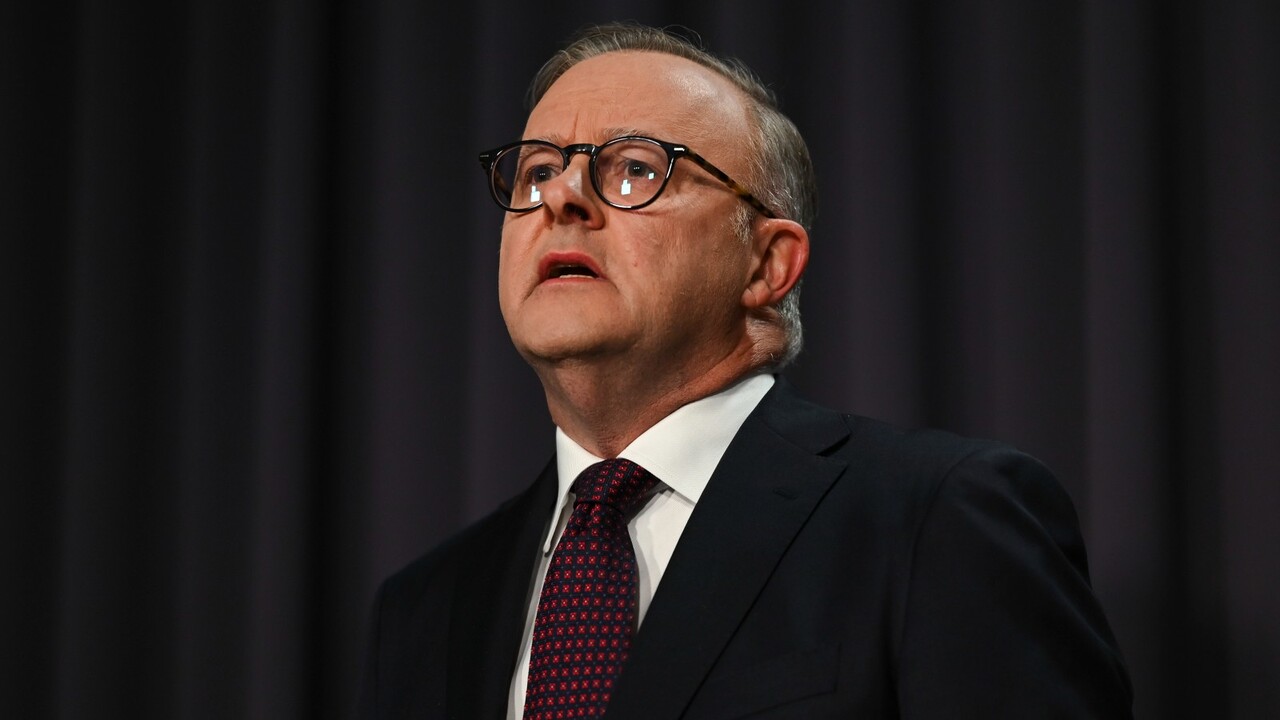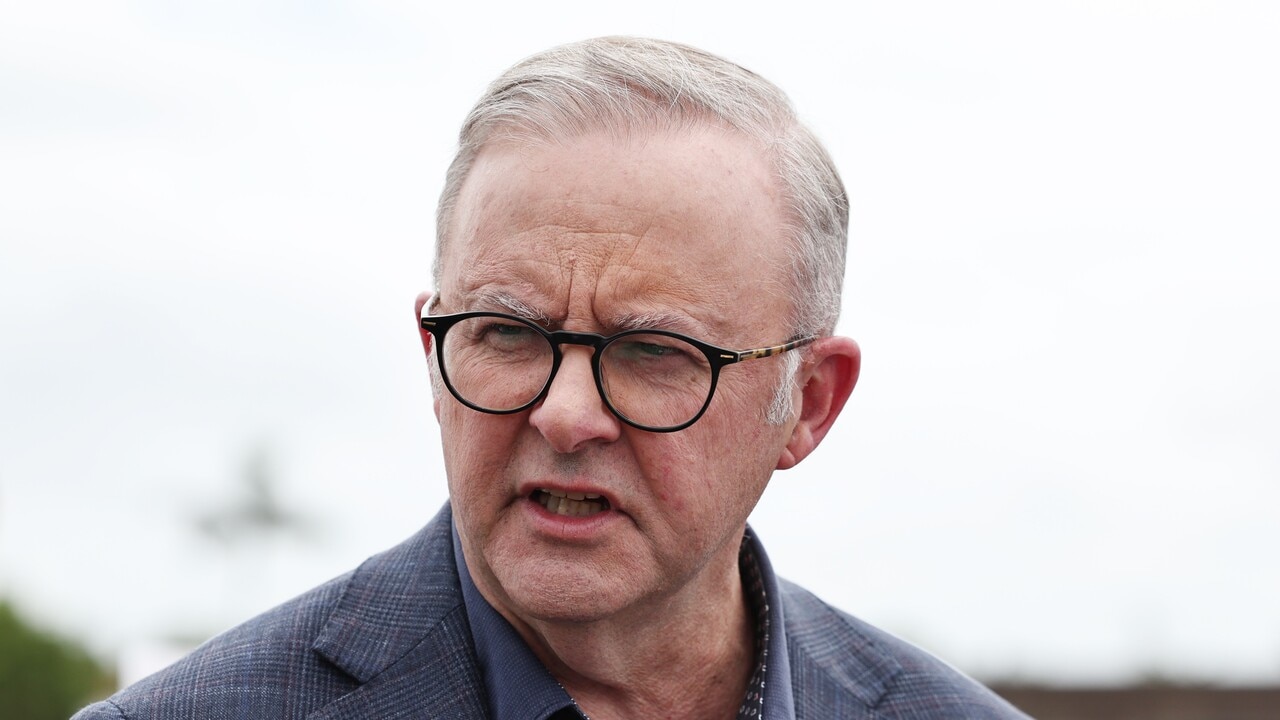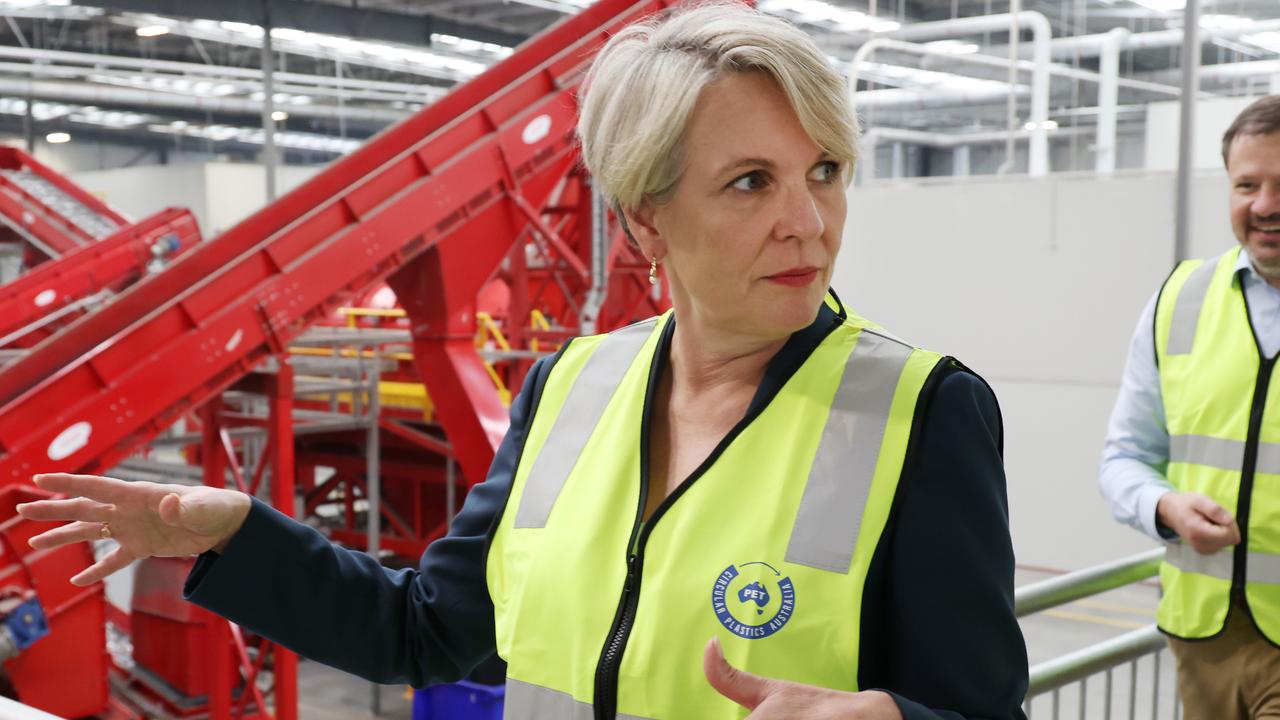Newspoll: Housing dominates the cost-of-living debate as Labor loses ground
Primary support for Labor has dipped to the party’s equal lowest levels since the 2022 election, as housing emerges as the most significant cost-of-living concern for the majority of voters.

Primary support for Labor has dipped to the party’s equal lowest levels since the 2022 election in the wake of a heated political contest over the government’s stalled plan for housing, which has emerged as the most significant cost-of-living concern for the majority of voters.
An exclusive Newspoll conducted for The Australian shows housing, including rents and interest rates, is now by the far the most dominant cost pressure for households, eclipsing grocery prices and energy bills.
With the government under pressure to deliver on its election commitments to build more homes, Labor’s primary vote has fallen to 31 per cent for the first time since November last year, in the wake of the failed voice referendum.
Support for the Coalition, which has yet to announce a housing policy, is holding firm at 38 per cent.
This is the equal largest primary vote lead the Coalition has enjoyed over Labor since the last election, with Labor now falling behind the 32.6 per cent primary vote support that narrowly secured its election victory in May 2022.
But with a lift in support for the Greens and other minor parties and independents, the two-party-preferred contest remains at 50/50 for a third Newspoll in a row.
The Greens have lifted a point to 13 per cent, other minor parties including independents have risen a point to 12 per cent, while Pauline Hanson’s One Nation dropped a point and is back to 6 per cent.
The deepening electoral problems for Labor follow a week of debate over housing policy, with Labor’s ambitions to progress its legislative agenda obstructed by the Coalition and the Greens.
Prime Minister Anthony Albanese has also been embroiled in a breakout of hostilities between the federal government and big business and the mining lobby.
But it is housing that has now emerged as the key cost-of-living concern for voters, eclipsing grocery prices, energy and petrol prices as key drivers of discontent.
The special Newspoll survey shows that of all the cost of-living concerns for voters, housing costs ranked highest at 40 per cent, followed by groceries at 25 per cent, energy bills at 18 per cent and 11 per cent for insurance. The cost of transport, including fuel prices, was the least important concern among the key issues.
The housing concerns were consistent among all demographics apart from the over-65s and included renters and mortgage holders, revealing that inflation pressures on rental increases and interest rate hikes for mortgage holders were the primary concerns for most voters by a large margin.
Housing costs were most acute for younger voters – the 18-34-year-old group – with 59 per cent nominating this as the most pressing cost-of-living concern, reflecting the high rental cost increases for the younger generation and the high entry costs into the property market.
Grocery prices were the second-most important issue but, at 27 per cent, deemed significantly less crucial than housing. Insurance, energy and transport costs ranked at just 4 per cent among this group, which is the key political battleground on which Labor is being challenged by the Greens.

The mortgage-belt demographic of 35-49-year-olds was closely aligned, with 52 per cent nominating housing costs with high interest rates likely to be the dominant issue among a group defined as Middle Australia and which is likely to swing the result of the election.
As with younger voters, grocery prices were the second-most important cost-of-living issue, followed by energy prices, insurance premiums and transport costs.
The results were more evenly split among 50-64-year-olds, with 32 per cent nominating housing costs were the most pressing issue, 25 per cent citing energy bills and 22 per cent saying grocery prices.
For those over 65, including pensioners and retirees, energy prices were the greatest concern, followed by grocery prices, insurance costs. Housing costs were of less concern, with transport and fuel costs the least concerning issue.
In a response to the political urgency around cost of living, Mr Albanese last week sought to elevate the housing crisis as the key political contest, challenging the Greens and Coalition to support Labor’s shared equity legislation to help.
Its legislation is stalled in the Senate, with the Coalition accusing the government of having not completed a single new house since coming to office under its $10bn Housing Australia Future Fund.
Countering the fall in primary vote support for Labor, satisfaction with Mr Albanese’s performance improved two points to 43 per cent. Dissatisfaction fell three points to 51 per cent, giving the Prime Minister a net negative satisfaction rating of minus-8.
Voters have meanwhile marked down Liberal leader Peter Dutton with a two-point fall in satisfaction levels to 37 per cent. With an unchanged dissatisfaction rating of 52 per cent, Mr Dutton’s net negative satisfaction rating of minus-15 is his worst result since June.
The head-to-head contest between the two leaders over who was regarded as the better prime minister remained largely unchanged with a slight improvement for Mr Albanese, who leads Mr Dutton 46 per cent to 37 per cent.




To join the conversation, please log in. Don't have an account? Register
Join the conversation, you are commenting as Logout